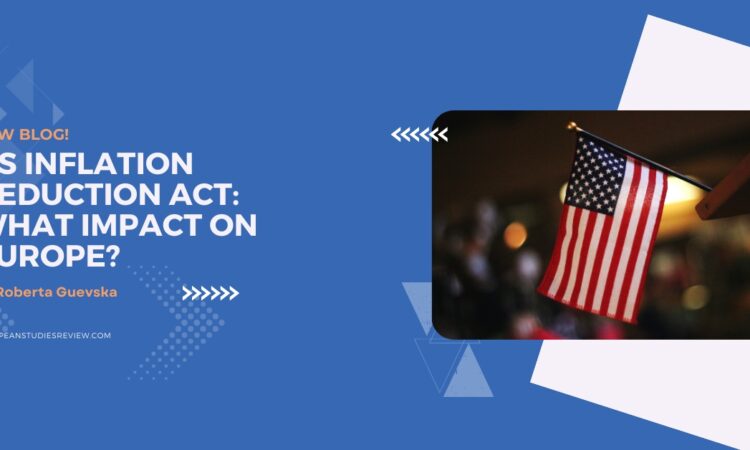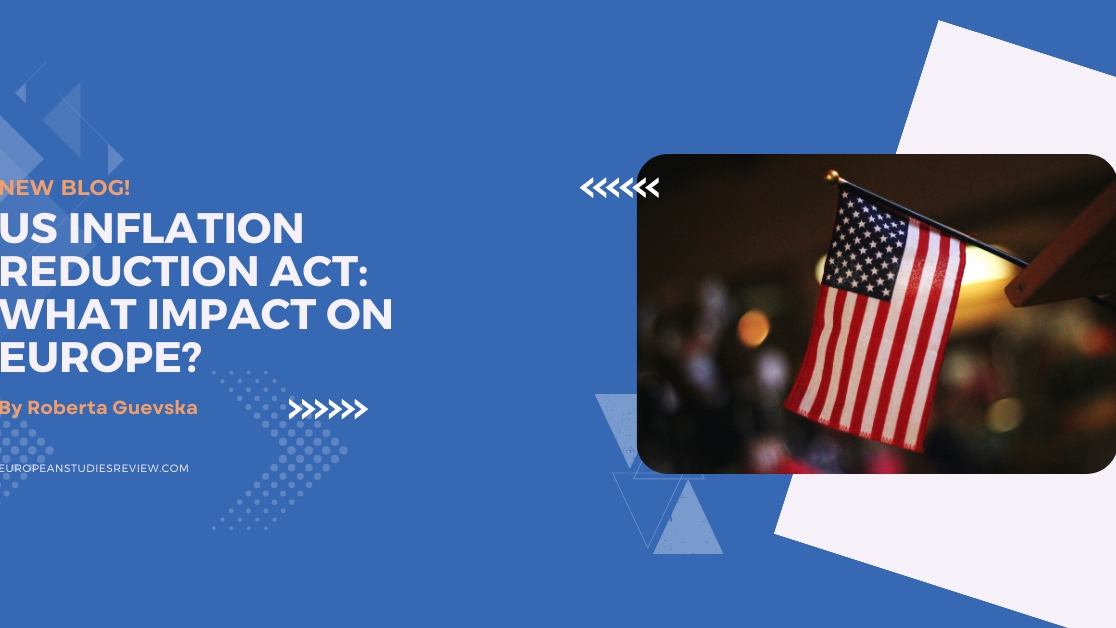
The U.S. Inflation Reduction Act: Challenges and Opportunities for EU Economies

Two years ago, President Biden launched the Inflation Reduction Act, aiming to stimulate the post-COVID U.S. economy and foster a transition away from fossil fuels. Valued at nearly 1 trillion euros, the Act is packed with grants and subsidies, posing significant challenges for European Union (EU) nations grappling with their State Aid rules. These rules prevent EU member states from subsidizing national companies to the same degree, sparking fears that European businesses might relocate to the U.S. to take advantage of the more favorable subsidies. Yet, potential solutions to curb this migration could have negative repercussions for businesses in smaller EU states like Ireland. Member of the European Parliament (MEP) for the Midlands and North West, Colm Markey, underscored these complexities in a discussion with a person named Joe, shedding light on the potential impacts of the Inflation Reduction Act on EU economies.
The Polish Context
The European Commission has received a proposal from Poland to apply reduced rates of excise duty on heavy fuel oil, natural gas, coal, and coke used as heating fuels. The Polish authorities emphasized the derogation’s importance due to the adverse effects of the spike in energy prices, a fallout from the Russian invasion of Ukraine. A chart showing the overall consumption trend of energy products in Poland from 2006 to 2021 indicates a decline in coal consumption, an increase in natural gas consumption, and a decrease in heavy fuel oil consumption. The Energy Forum estimates coal consumption in 2022 at about 66,000,000 tonnes, a decrease of around 4,000,000 tonnes.
The EU’s Net Zero Plan
The European Commission has adopted changes to its State aid framework to support its Net Zero Plan, which aims to make Europe the world’s first climate-neutral continent by 2050. This plan includes legislative proposals and non-legislative initiatives, such as revisions to the EU State Aid framework and proposals for new legislation. The alterations to the State Aid framework are a response to the investment incentives related to clean technology, introduced by the U.S. Inflation Reduction Act. This opens up new opportunities for companies to benefit from State aid and other financial support. In addition, the European Commission has revised the State aid General Block Exemption Regulation (GBER) and converted the State aid Temporary Crisis Framework into the Temporary Crisis and Transition Framework (TCTF) to increase Member State flexibility. This is an attempt to align the EU’s economic and environmental policies and ensure a smooth transition towards a low-carbon economy.






